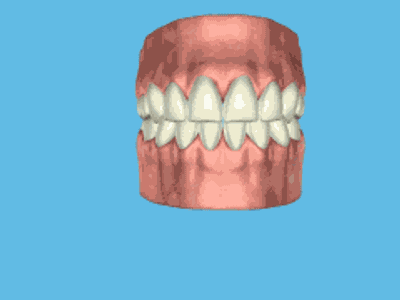What are sealants?
Sealants are a safe and painless way to protect your teeth, or your children’s teeth, from decay. They are a thin, protective plastic coating applied to the chewing surfaces of the back teeth. This coating forms a smooth, hard shield that prevents food and bacteria from getting stuck in the tiny grooves of the teeth, which can lead to cavities.

Which teeth should be sealed?
Sealants are applied only to the back teeth, known as molars and premolars. These teeth have deep grooves and pits on their chewing surfaces, which are prone to trapping food and bacteria.
Will my child feel it?
No, applying sealants is very quick, completely pain-free, and typically will not involve the drill. Your child will feel little-to-no difference in their teeth after the procedure.
When should I get fissure sealants?
Your dentist will noramlly place sealants as soon as the permanent teeth come in, especially if there’s a high risk of decay. Sometimes, sealants can also be applied to baby teeth to protect them.
How long do fissure sealants last?
Sealants usually last for several years. However, your dentist will check them regularly to ensure they are still intact. Over time, sealants can wear down, and your dentist might need to add more or replace them to ensure continued protection.
How much does it cost?
For children, sealants are often available through the NHS. However, in some cases, they may only be available privately. The cost varies between dentists, but sealants are generally considered a good investment in dental health.
Do my children still have to clean their teeth?
Absolutely! Brushing teeth is still very important, even with sealants. The sealed surface is easier to clean, but it’s crucial to brush regularly using fluoride toothpaste. Sealants help reduce the risk of decay and the need for fillings, but they are not a substitute for good oral hygiene.
Who do I ask about the treatment?
If you want more information about sealants, ask your dentist or hygienist. They can tell you if sealants are right for your child and the best time to apply them.